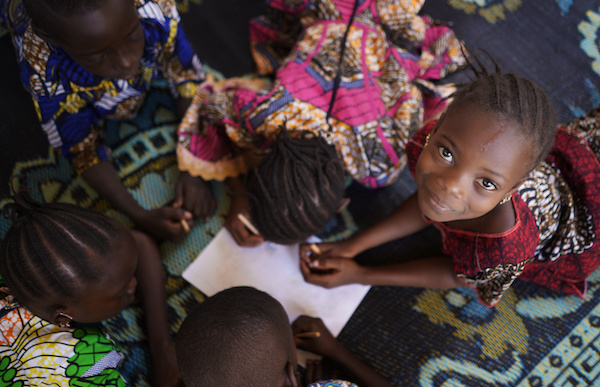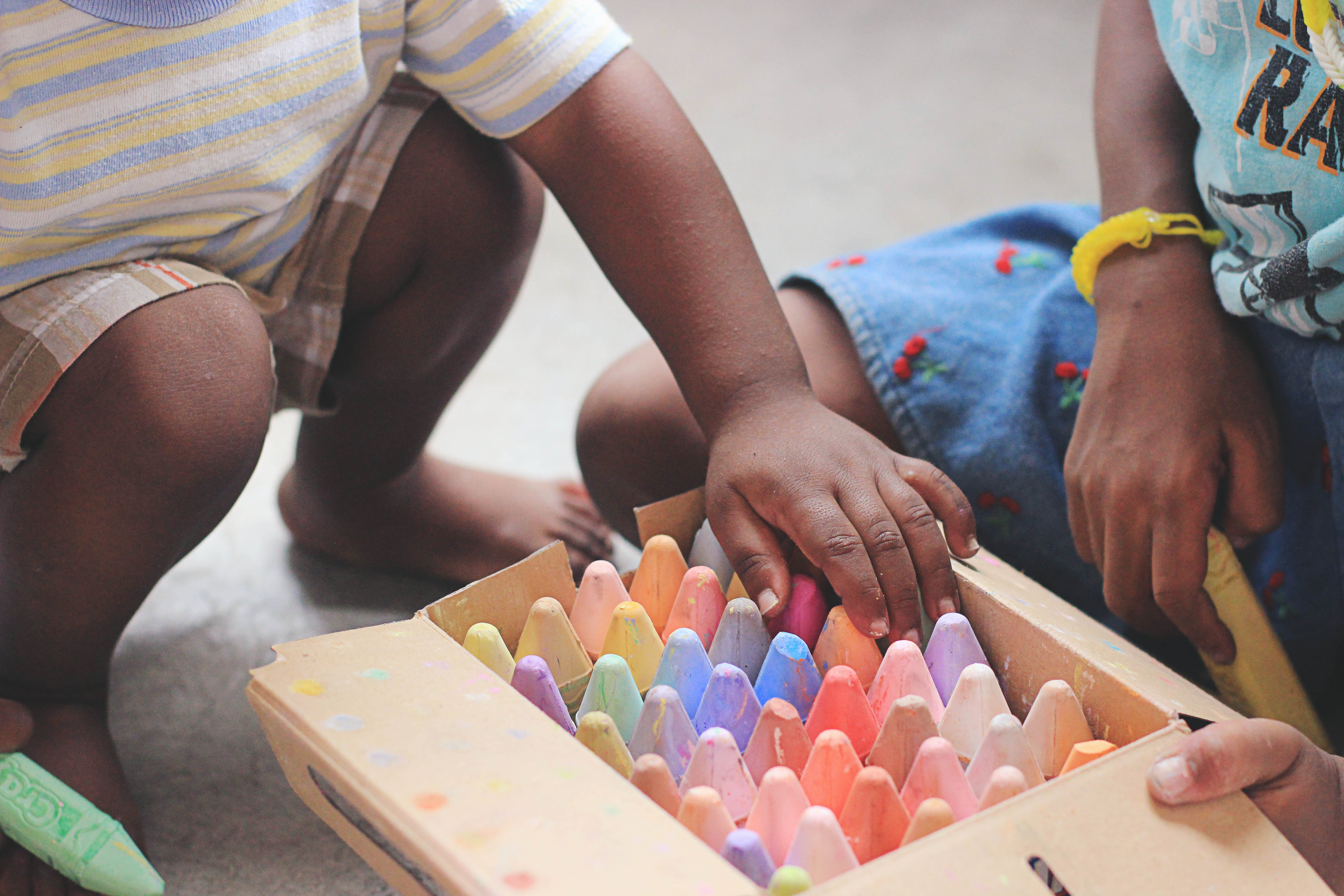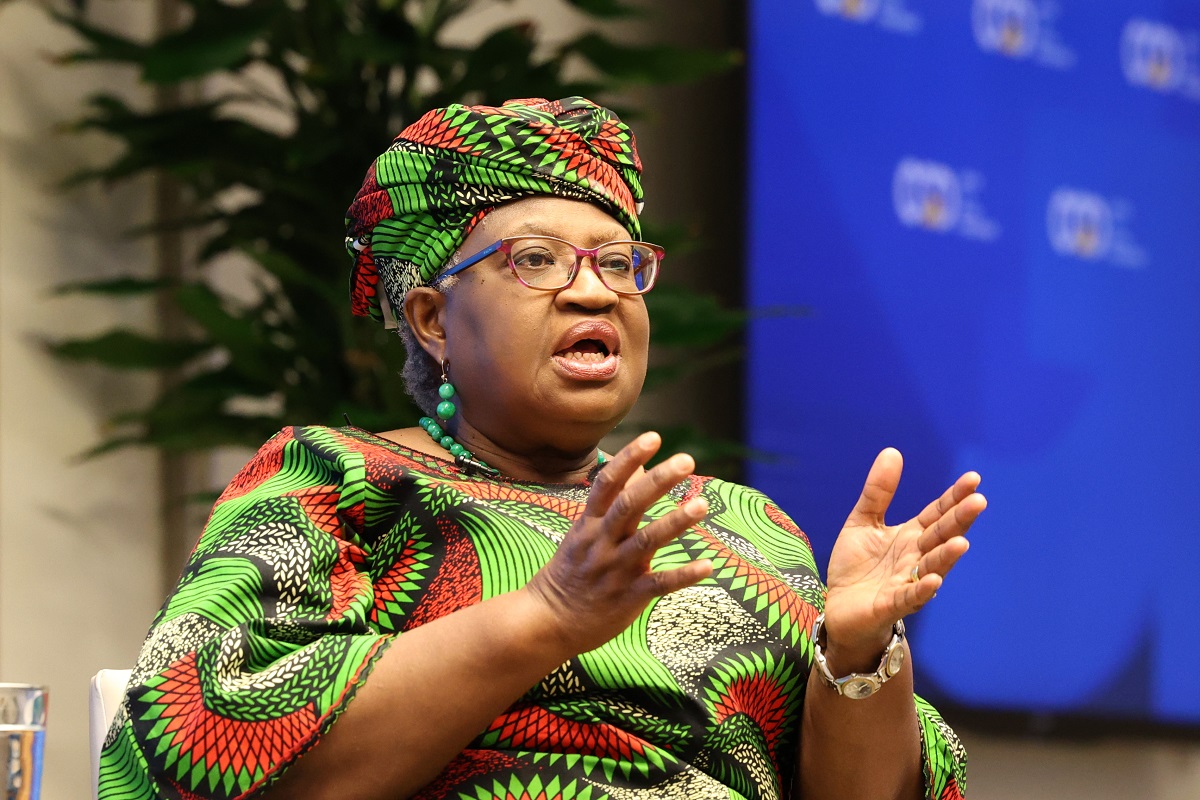Recommended
In the wake of COVID and amidst global crises, care has increasingly become recognized as a global issue critical for sustainable development and gender equality. Yet, there are still massive gaps in care policies, services, and financing, and there is much more work that needs to happen to ensure universal, affordable, and quality childcare is available everywhere.
In fact, in this year’s Women Business, and the Law study analyzing laws, policy implementation, and expert opinions on legal gender equality, childcare was shown to have one largest legal gaps as compared to other indicators in the study. With a global average of 47.6 out of 100 (with 90 of 190 countries scoring 25 or lower), we are not even halfway to creating an enabling legal environment for the provision and financing of quality childcare services. Women, children, and societies at large will all be better off if this happens.
But an unexpected barrier stands in the way of progress. Development partners and government stakeholders are not working together as effectively as possible to achieve this goal and maximize outcomes for society. Despite efforts to bridge this divide, childcare is an area where cross-sectoral coordination is still greatly needed given its criticality to so many different development goals, including gender equality, early childhood development, education, and health.
A central recommendation from the Care Economy pre-conference at Women Deliver 2023 was to enhance coordination around the care economy, including identifying common goals across different care movements and coordinating care policies across sectors in order to achieve the greatest impact. Thus, gender equality and early childhood development communities have an opportunity to work together more closely on research, policy, and programming to ensure a strategic approach and improved outcomes for all.
What is the disconnect?
Traditionally and not surprisingly, discussions around women’s economic empowerment (WEE) and early childhood development (ECD) have focused on outcomes for their target audiences – women and children, respectively. For example, ECD is centered on children’s needs and outcomes, focusing on the essential elements of health, nutrition, safety and security, responsive caregiving, and learning. While these components are undoubtedly crucial, this focus often overlooks the interplay between children's development and the economic empowerment of women, especially mothers and caregivers.
Women's ability to participate in the workforce, secure better jobs, make household and financial decisions, and enjoy overall well-being is inextricably tied to their care responsibilities and their access to affordable and quality care services and infrastructure. On the other hand, women’s economic empowerment (WEE) has implications for the education, health, well-being, and economic status of their children. Yet, gender equality research and policy efforts are often singularly focused on the outcomes for women and may not integrate considerations about early child development and education that are well-understood in the ECD community. In recognition of these interconnected components, it is clear that ECD and WEE actors can benefit from forging stronger alliances and working more deliberately together to advance access to childcare and improve policies so that they meet everyone’s needs.
ECD and WEE: East Africa in practice
At the March 2024 AfECN Eastern Africa Regional Early Childhood Development conference in Dar es Salaam, Tanzania, policymakers and researchers highlighted examples across the region where ECD is being prioritized. For example, Tanzania’s Multisectoral ECD Programme takes a coordinated policy approach across multiple government ministries to address the development needs of children ages 0-8. Implemented with great support and collaboration from civil society and nongovernmental organizations in Tanzania, this was a major policy development which aims to accelerate ECD gains through a multi-sectoral approach. Other countries like Uganda and Kenya highlighted their investments and policies across issues that advance ECD like social protection, education, health, and nutrition. It is truly wonderful to see this momentum around multisectoral policies and financing in the ECD space, and this is a promising entry point for gender-transformative approaches to childcare.
Throughout the conference proceedings, it became clear to me, as an attendee focused on the care economy in the context of gender equality, that there are immediate opportunities to better connect the ECD and WEE agendas and improve cross-sectoral policies. First, there is an opportunity to better integrate gender equality, WEE, and outcomes for women and girls into current policies around ECD and childcare, including the multisectoral policies noted above. Some World Bank and UNICEF speakers emphasized this intersection, highlighting the powerful potential of integrated ECD and gender programs and policies and the benefits of family friendly policies (like paid parental leave, support for breastfeeding, affordable and accessible childcare, and cash grants) to women and economies more broadly.
Another opportunity is to prioritize accessible and quality care for children under 3 years old, as there are currently insufficient childcare policies and services for the youngest children, a gap that has serious implications for women’s labor force participation and the issue of unpaid care globally, amongst other issues. This policy gap is also apparent in the financing of childcare, with the bulk of ECD financing going to older children. However, it should be noted that it is difficult to accurately analyze expenditures on childcare given issues with data availability, tracking, and disaggregation – but that is a topic for another blog!
The (collaborative) path forward
The good news is that gender equality and ECD partners are increasing collaboration, and these issues are beginning to be more coordinated. It is promising to see movements like the Early Childhood Development Action Network (ECDAN) that, while focused on ECD, have centered gender equality as a key principle of its work and recognize the interconnectedness of childcare and outcomes for women and children. Moving forward, it is important to:
-
Foster collaboration and establish more integrated research and advocacy agendas on ECD, WEE, and childcare. This can be done by leveraging cross-sectoral networks like ECDAN, the Global Alliance for Care, and WeProsper.
-
Enhance dedicated funding for collaborative efforts. Given the traditionally siloed approach to ECD and WEE, it will take encouragement and deliberate efforts to highlight interlinkages and improve alignment from the global to the local levels. Donors can support integrated projects and initiatives that bring the two sectors together.
-
Develop better cross-sectoral and integrated policy and funding frameworks that recognize shared goals. For example, we can collectively push for national ECD policies that better integrate gender equality outcomes and WEE policies that are integrated with ECD policies and frameworks.
-
Support strategic vehicles to connect these agendas. For example, the forthcoming Global Roadmap for Action on the Care Economy, which CGD is working to develop with other partners, can align recommendations and messaging at key global moments and better connect the WEE and ECD agendas.
Better integrating early childhood development and childcare with gender considerations and women's economic empowerment is not just beneficial—it's essential for holistic societal progress. By recognizing the inextricable link between children's developmental outcomes and women's economic empowerment outcomes and acting on this knowledge through deliberate collaboration and integrated strategies, we can create a more equitable, prosperous future for all.
CGD’s Gender Equality and Inclusion team is eager to partner to support this effort, and we welcome the opportunity to link up with existing efforts or partner on new research or policy engagement to advance this interconnected agenda; if you would like to discuss further, please reach out to us.
Disclaimer
CGD blog posts reflect the views of the authors, drawing on prior research and experience in their areas of expertise. CGD is a nonpartisan, independent organization and does not take institutional positions.
Image credit for social media/web: Marco / Adobe stock







